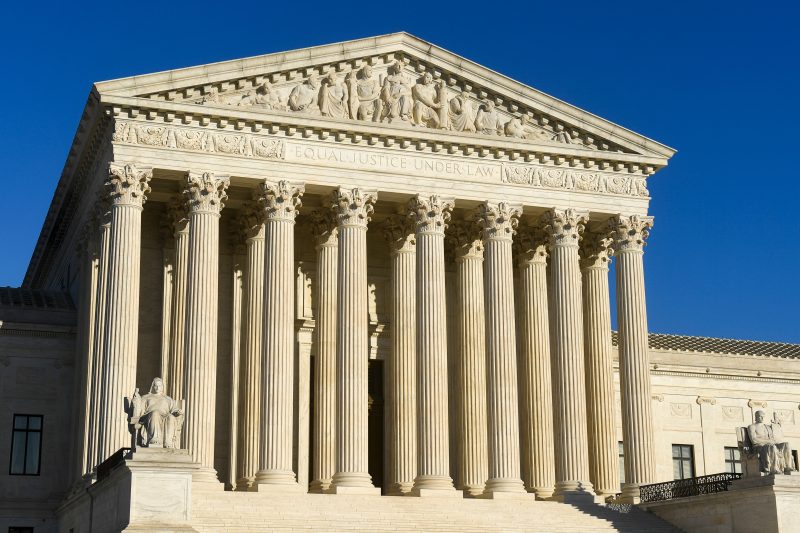The recent decision by the Supreme Court to maintain the block on President Biden’s new Title IX regulations in certain states has sparked heated debates and discussions across the legal and education sectors. This ruling, which affects policies aimed at addressing sexual misconduct on college campuses, raises important questions about the relationship between federal and state authority, as well as the implications for students and educational institutions.
At the heart of the matter is the tension between protecting the rights of individuals in educational settings and ensuring that due process is upheld. Title IX, a federal civil rights law enacted in 1972, prohibits discrimination on the basis of sex in educational programs and activities receiving federal funding. Over the years, the provisions of Title IX have been expanded to address issues such as sexual harassment and assault on college campuses.
President Biden’s administration had issued new regulations in an effort to strengthen protections for students and survivors of sexual misconduct. These regulations included provisions aimed at broadening the definition of sexual harassment and requiring universities to respond promptly and effectively to reports of misconduct.
However, several states challenged the new regulations, arguing that they imposed onerous burdens on educational institutions and undermined the due process rights of the accused. The Supreme Court’s decision to maintain the block on these regulations in certain states reflects the complex legal landscape surrounding Title IX and the competing interests at stake.
On one hand, there is a clear need to combat sexual misconduct and provide support for survivors on college campuses. Studies have shown that a significant number of college students experience some form of sexual harassment or assault during their time in school, highlighting the importance of robust policies and procedures for addressing these issues.
On the other hand, it is essential to ensure that the rights of all parties involved are respected and protected. Accused individuals have the right to a fair and impartial investigation, as well as the right to present evidence and witnesses in their defense. Failure to uphold these principles can have serious consequences for both the accused and the broader integrity of the legal system.
Moving forward, it will be crucial for policymakers, educators, and legal experts to engage in constructive dialogue to find the right balance between promoting a safe and inclusive educational environment and safeguarding the rights of all individuals. This may involve revisiting the existing regulations, consulting with stakeholders, and considering the unique circumstances and needs of different states and institutions.
In conclusion, the Supreme Court’s decision to keep the block on President Biden’s new Title IX regulations in some states underscores the complexity of the issues at play and the need for thoughtful and nuanced approaches to addressing sexual misconduct on college campuses. By navigating these challenges with sensitivity and respect for all parties involved, we can work towards creating a more equitable and supportive educational environment for students across the country.
